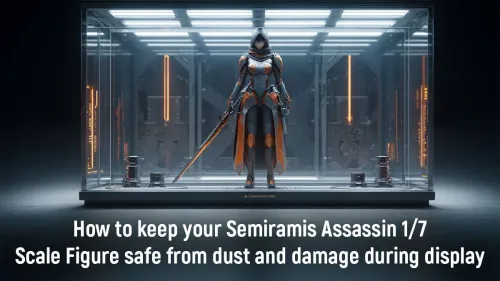
How to Keep Your Semiramis Assassin Figure Safe from Dust
Learn how to keep your Semiramis Assassin figure safe from dust and damage. Discover easy solutions to maintain its pristine condition 🛡️✨
🚀 Wondering whether to choose water cooling vs air cooling for your gaming PC? Discover which delivers superior performance, lower temps, and better value for gamers in 2024! 💥 Read the full breakdown →
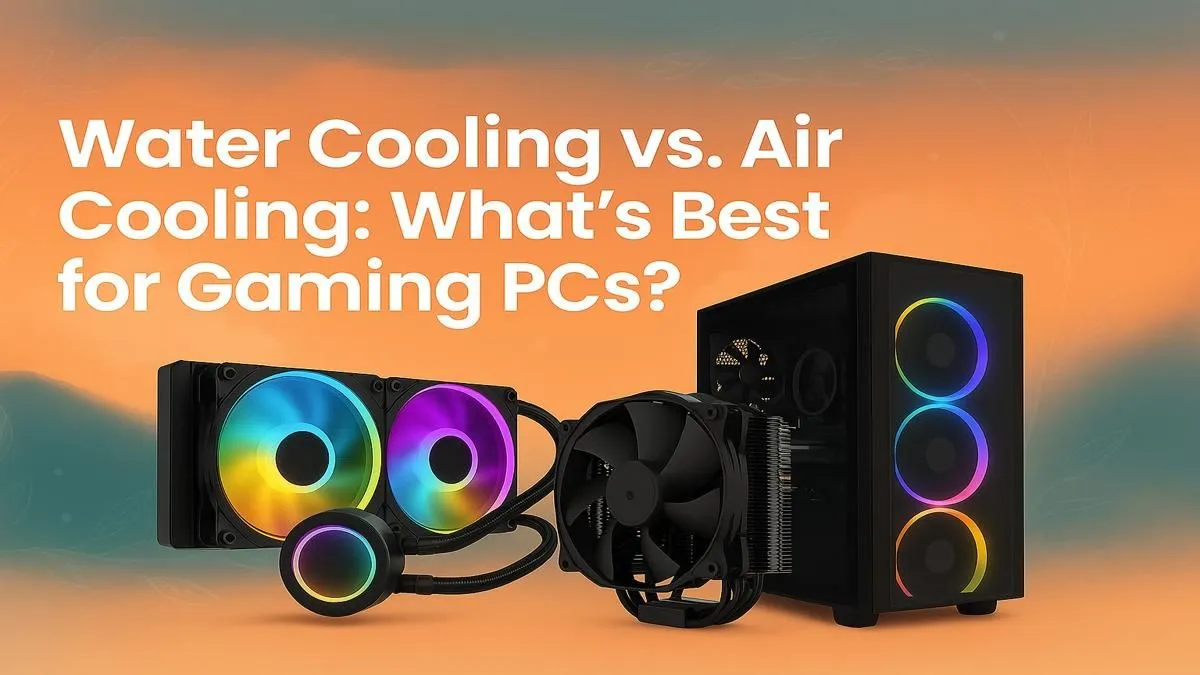
Choosing the right CPU cooler is a massive deal for any PC build, especially in sunny South Africa where ambient temperatures can be a real challenge. Get it right, and you unlock your rig’s true potential. Get it wrong, and you risk thermal throttling… or worse. So, we’re settling the score on the ultimate cooling showdown: the relentless reliability of air cooling versus the sleek performance of liquid cooling. Let’s dive into your most pressing questions. ⚙️
Q: What's the fundamental difference between air and water cooling? A: Air coolers use a heatsink and a fan. The heatsink draws heat away from your CPU, and the fan blows that heat away from the heatsink. Water coolers, or All-In-One (AIO) coolers, use a pump to circulate a liquid coolant through a closed loop. The liquid absorbs heat from the CPU, moves to a radiator, where fans then cool it down. Both have the same goal… just very different methods.
Q: Which one cools better, really? A: Generally, high-end liquid coolers offer the best cooling performance, especially for overclocked, high-end CPUs. The larger surface area of the radiator allows for more efficient heat dissipation. However, a premium air cooler can often outperform a budget liquid cooler. For most gamers, a solid air cooler provides more than enough cooling power to keep temperatures in check during intense sessions.
Q: Is water cooling a lot louder than air cooling? A: Not necessarily. While an AIO has both pump and radiator fans that produce noise, high-end models are designed for near-silent operation. A cheap air cooler with a high-RPM fan can be significantly louder than a quality AIO. Brands like Corsair focus heavily on low-noise performance in their liquid coolers. Ultimately, noise depends on component quality and your fan settings, not just the type of cooler.
Q: What about maintenance and lifespan? Is liquid cooling risky? A: Modern AIO liquid coolers are incredibly reliable, sealed units that require zero maintenance. The risk of a leak, while not zero, is extremely low with reputable brands. Air coolers are simpler mechanically… their only moving part is the fan, which is easy to clean and replace. An air cooler could theoretically outlast the PC itself.
Before buying a beefy air cooler, measure your case's CPU cooler height clearance. For AIOs, check radiator support (e.g., 240mm or 360mm). Nothing stings more than a new part that won’t fit.
Q: Are air coolers cheaper? A: Yes, on average. You can get a fantastic Gamdias air cooler for a fraction of the price of a premium AIO. While there are budget-friendly liquid options from brands like Gamdias, air cooling generally offers better performance-per-Rand at the lower end of the market. This makes it a popular choice for gamers building a powerful yet cost-effective rig.
Q: Which one should I choose for my gaming PC in South Africa? A: It depends on your build and budget. For most gaming builds, a quality air cooler is the sensible, reliable, and cost-effective choice. If you're running a top-tier CPU like an Intel Core i9 or AMD Ryzen 9, pushing heavy overclocks, or simply want that clean, futuristic aesthetic for your build, then a high-performance AIO liquid cooler is the way to go. 🚀
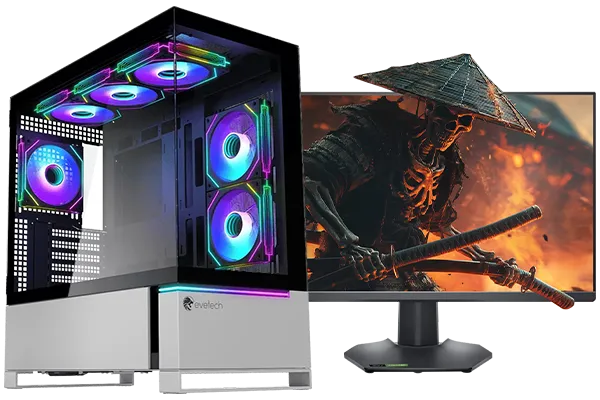
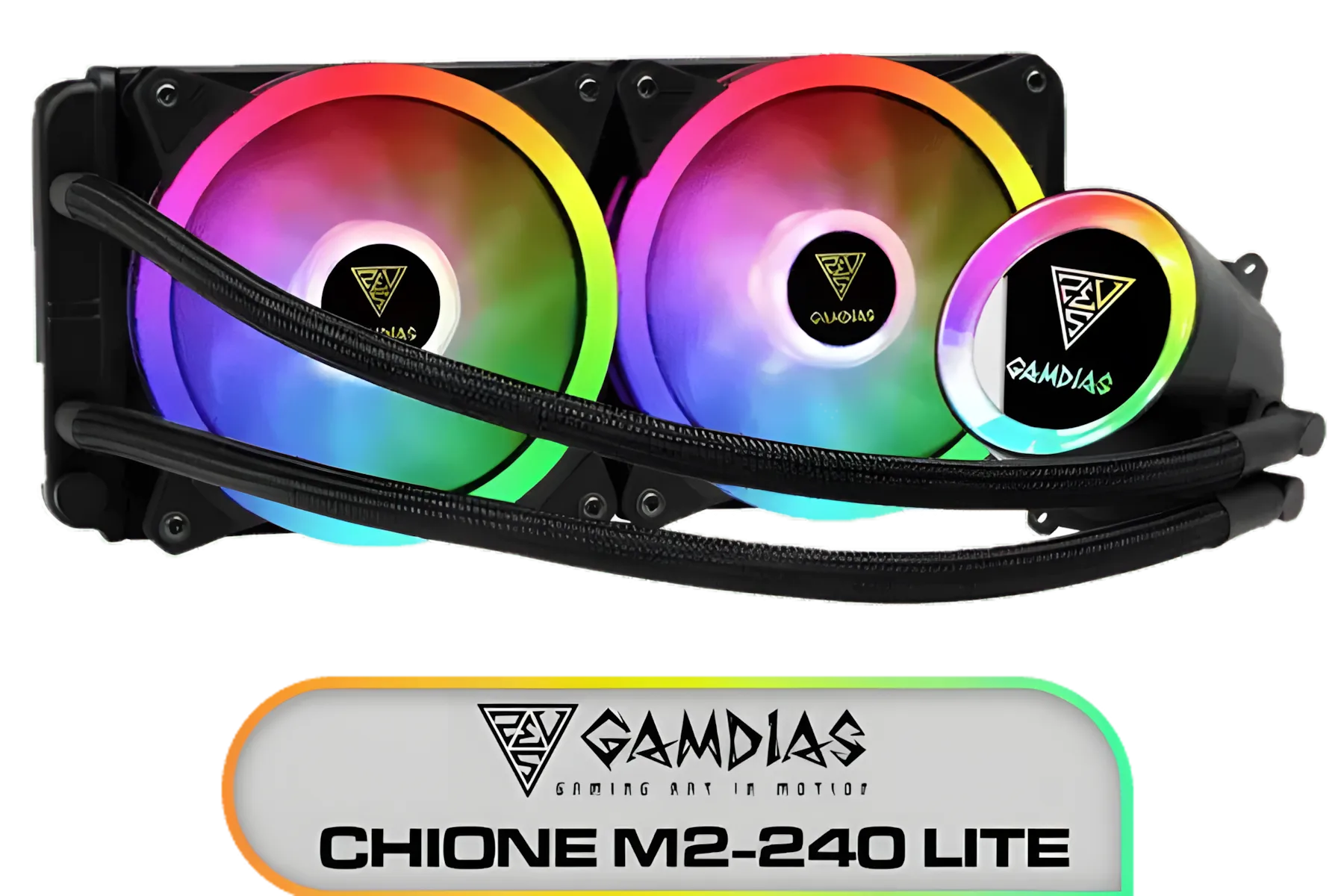


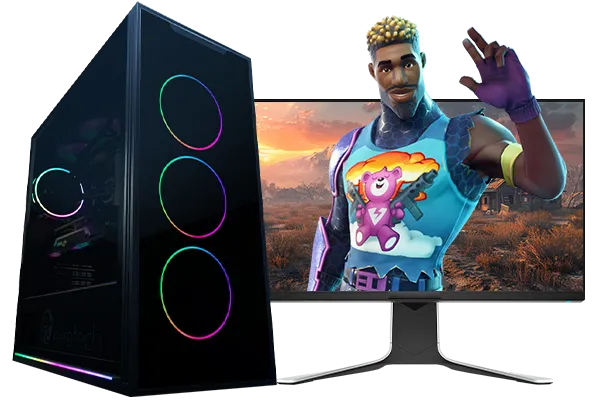

Ready to Chill? Whether you favour the steadfast reliability of air or the sleek power of liquid, the right cooling solution is waiting. Browse our massive range of CPU coolers for performance that leaves lag in the dust.
Water cooling offers superior thermal performance for high-end gaming PCs, maintaining lower temperatures during extended gaming sessions.
The best cooling depends on your budget and performance needs—liquid cooling suits overclockers, while air cooling offers simplicity.
Water cooling doesn’t boost FPS directly but ensures stable performance by preventing thermal throttling during intensive games.
High-quality air coolers adequately cool mid-range gaming systems while offering cost-effective thermal management solutions.
Water cooling systems range from R1,500–R8,000+, depending on complexity and customization options.
Water cooling setups typically operate more quietly than high-speed air cooling systems for gaming PCs.
Modern air cooling approaches liquid efficiency but still lags in performance for extreme gaming PCs.